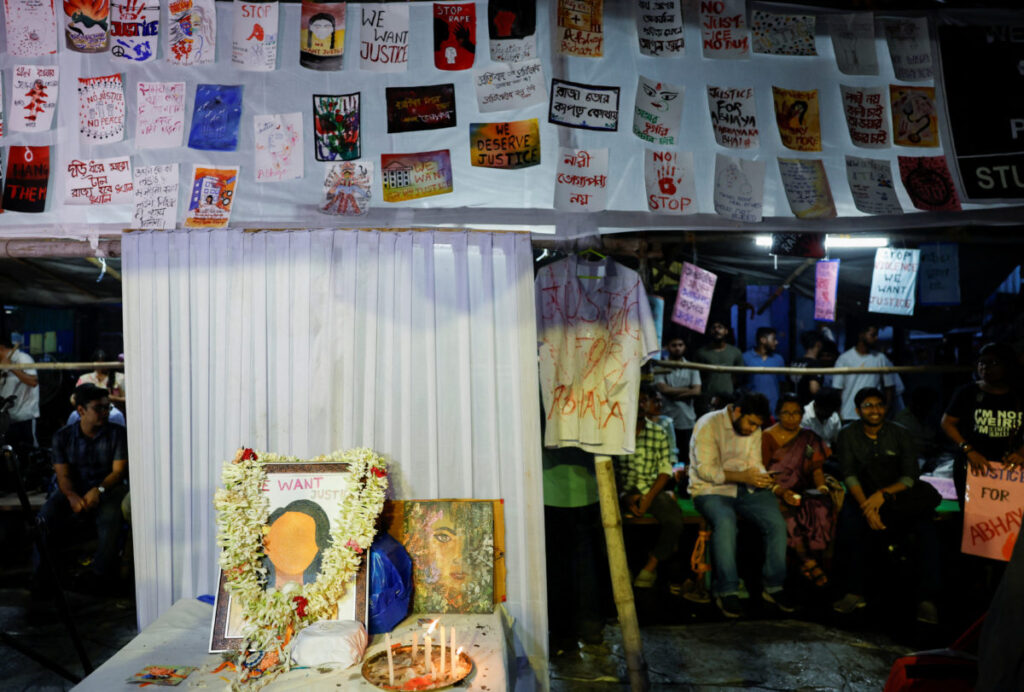In response to the shocking rape and murder of a 31-year-old trainee medic at a state-run hospital in Kolkata, India’s Supreme Court has taken decisive action by forming a national task force of medical professionals. This task force is tasked with developing comprehensive safety guidelines to protect doctors and healthcare workers across the nation.
The Supreme Court initiated the case independently, underscoring the gravity of the situation. On Tuesday, Chief Justice Dhananjaya Yeshwant Chandrachud announced the creation of the doctors’ panel, emphasizing the importance of workplace safety, particularly for women in the medical profession. The task force has been instructed to deliver an interim report within three weeks and a final report within two months.
The brutal assault and murder of the trainee doctor on August 9 at RG Kar Medical College and Hospital have sparked outrage throughout India, bringing the issue of sexual violence against women into sharp focus once again. Chief Justice Chandrachud stressed that ensuring the safety of doctors, especially women, is crucial to upholding the principles of equality and protecting national interests. “If women cannot go to work and feel safe, then we are denying them the basic conditions of equality,” he asserted.
In light of the gravity of the crime, the Supreme Court has also directed federal law enforcement agencies to provide an update on the investigation by Thursday. Additionally, the court has ordered a federal paramilitary force to secure the hospital, responding to concerns raised by women doctors who reported feeling unsafe following the incident and subsequent vandalism of the hospital by unidentified individuals.
The murder has ignited widespread protests across India, with doctors and healthcare workers leading the charge. Many have participated in candlelight vigils and strikes, refusing to treat non-emergency patients as they demand swift justice and stronger protections. The Indian Medical Association (IMA), representing 400,000 doctors nationwide, staged a 24-hour strike over the weekend, urging Prime Minister Narendra Modi to implement more stringent safety measures, particularly given that 60 percent of the country’s doctors are women.
Public outcry has been immense, with thousands of citizens joining the protests in Kolkata and other cities, calling for justice and improved safety for women in hospitals. The accused, a police volunteer who was tasked with assisting police personnel and their families at the hospital, has been arrested and charged with the crime.
Activists have pointed out that despite stricter laws enacted after the 2012 gang rape and murder of a student in New Delhi, sexual violence against women in India remains a pervasive issue. Although tougher penalties, including the death penalty for repeat offenders, were introduced following the 2012 incident, the problem persists. According to the National Crime Records Bureau, 31,516 rape cases were reported in 2022, marking a 20 percent increase from the previous year.
The Supreme Court’s actions, alongside the widespread public demonstrations, highlight the urgent need for effective measures to protect women in the workplace and prevent such heinous crimes in the future.



